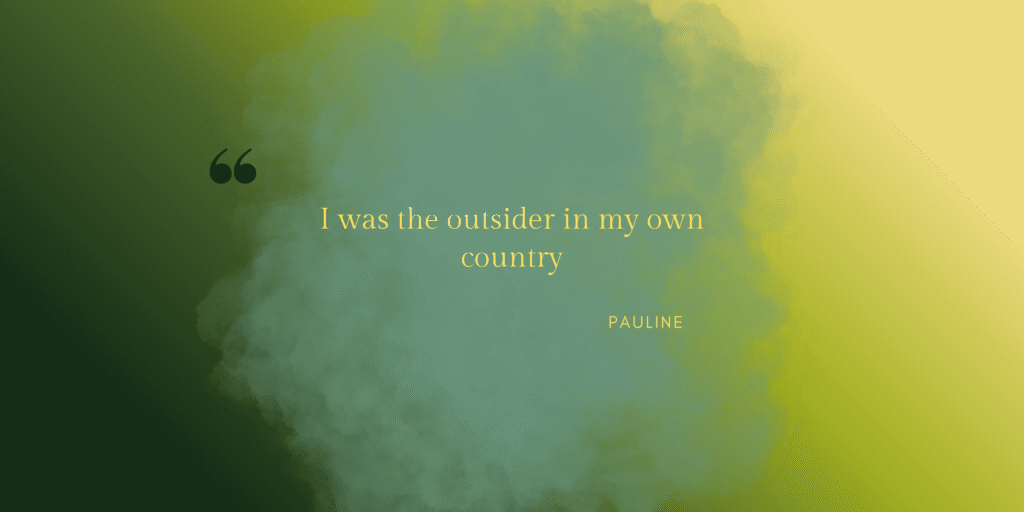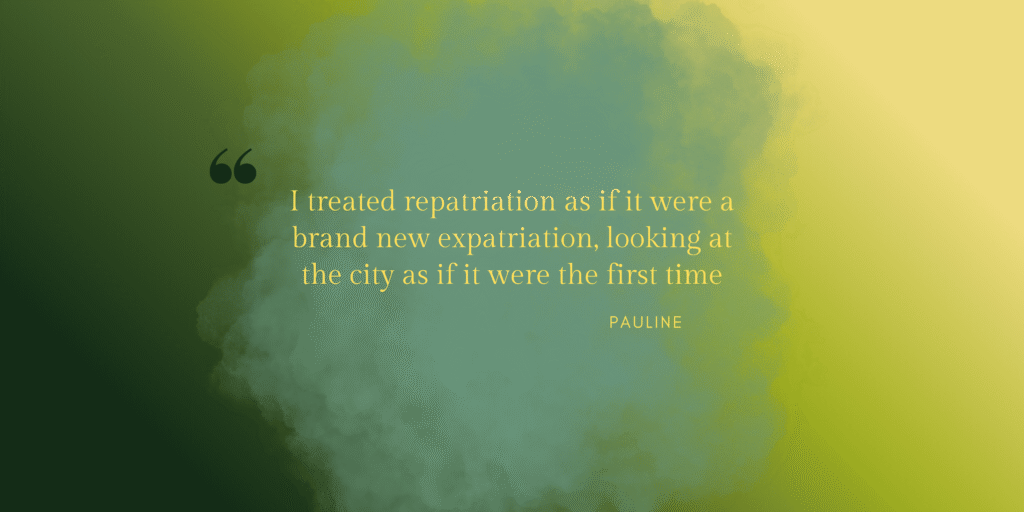For an expat, repatriation, the act of moving back to one’s home country after years of living abroad is a major life transition that is often underestimated. But what happens when that homecoming is unexpected, emotionally jarring, or timed with a global crisis?
Here’s my story of moving home as an expat, and what I learned about reverse culture shock, identity, and building a new life after coming back.
When Repatriation Comes Suddenly
A few years ago, my expat life in Dublin came to an abrupt end. After four years of living and working in Ireland, I was already starting to feel like it wasn’t my forever home. I had been job-hunting in Paris, considering a move back, but nothing had materialized. Then the COVID-19 pandemic hit.
By the end of March 2020, I was laid off as part of company-wide redundancies. With no job tying me down, I packed up my life almost overnight and returned to France, jobless, in lockdown, and completely unprepared for the emotional whirlwind that followed.
Reverse Culture Shock Hits Hard
In some ways, I was grateful. I got to experience the pandemic surrounded by family, not isolated in a flatshare with near-strangers, and reconnect with loved ones more deeply. But emotionally, I was disoriented. Everything I had built over four years: daily routines, yoga studios, my favorite brunch spots, walks by the sea, close friendships, was suddenly gone.
I had repatriated, but it didn’t feel like homecoming. It felt like loss.

Once lockdown lifted and life slowly resumed, I started to feel excited again: I could reconnect with old friends, explore Paris, and settle back in. But soon, reverse culture shock crept in.
Everything was familiar, but different.
My friends had moved on. Some were married, others had kids. When I had returned to the same apartment I’d left five years ago, no stable relationship, and had just found a job after months of searching. I was back in my beloved Paris, but I didn’t feel like I belonged anymore. I was the outsider, an expat in my own country.
As months went by, I felt like I was always the one initiating meet-ups with past friends, they had their day to day and I had to recreate mine. I felt lonely and the fomo from my past life in Dublin started kicking in: not seeing the friends I would see regularly, and missing out on some of their big events.
How I Moved Through It
Slowly, I began to rebuild. Here’s what helped me transition and find peace with my repatriation journey:
- I reflected on the journey I had been on: what the experience abroad had brought me
- Went back to why I wanted to leave and what I was looking for in Paris
- Focused on enjoying the city: rediscovering it with brand new eyes, played tourist and did more of what I loved
- Started building new circles of friends, this took time and is still in progress. Things like living in a co-living for a few months and attending Carom events, helped me connect with internationals and like minded people
- Changed appartment and neighborhood: helped me feel like I had moved on and gave me more comfort: my home was now enjoyable
- Made peace with having to be proactive with old friends and accepting that our friendship is different as we are in different stages of life
Repatriation is rarely a neat return to the life you once had. For many expats, the emotional journey home is harder than expected, and often lonelier. But it can also be an opportunity to grow in new ways, reconnect with yourself, and reimagine what “home” means.

If you’re going through reverse culture shock, know that you’re not alone. Your experience abroad has shaped you and now, you have the chance to shape this next chapter with intention.



Leave a Reply